The Pappas Law Firm, A Professional Corporation
About
Mr. Pappas earned his J.D from Western State University and was admitted to practice law in the State of California in 1994. Mr. Pappas worked as an extern for the Hon. Judge Terry J. Hatter, Jr. U.S District Court Judge appointed by President Jimmy Carter. He is a member of the federal bar for the Ninth Circuit U.S Court of Appeals and the Central, Northern, Southern, and Eastern federal district court bars in California. His past work in the area of civil rights has lead to cases being reviewed by the California and United States Supreme Courts. His cases have been cited in numerous legal journals and in Congressional research reports.
Professional History: Matthew's professional career began when he developed several computer software systems used by businesses throughout Southern California. He continued developing software while attending law school. After passing the Bar, he worked for a small firm in Newport Beach and then as a partner in a firm where he handled litigation matters and several civil rights cases.
In 1997, Mr. Pappas moved to Redmond, Washington where he served as interim Vice President of Engineering and Legal Affairs for Orca Medical Systems, a small company that provided the leading hospital emergency department clinical information system. Mr. Pappas worked for several large healthcare companies managing product development and regulatory compliance issues.
In 2002, Mr. Pappas joined a company focused on healthcare regulatory compliance. He served as the senior regulatory compliance attorney for that company and later headed the company as its CEO. During his tenure as CEO, the company provided the leading healthcare regulatory compliance enterprise management system for companies including Molina Healthcare, Children's Hospital, Pharmerica Corporation, University Medical Center of Southern Nevada, University of Nevada Reno, and others. He also traveled throughout the United States speaking on healthcare issues to physicians, nurses, and hospital administrators.
In 2009, Mr. Pappas returned to his private law practice where he has been focused almost entirely on cases involving civil rights. He represents clients who have been subjected to racial discrimination, health-related discrimination, and police excessive force actions.
The niche he carved out in his second stint as a lawyer was specialized. Pappas represented only medical marijuana patients. Pappas doesn’t smoke it. He wouldn’t, he says, because he doesn’t need it and has no medical prescription. But he knows people who do. And he wants them to be able to access their medication, just like others can buy prescription opiates at local pharmacies.
Pappas has sometimes up to 40 cases in litigation. One went under review to be considered by the United States Supreme Court. Another was, at one point, the lead case before the California Supreme Court, which ruled that cities and counties can ban medical marijuana dispensaries.
In 2010, Mr. Pappas represented a group of disabled patients who said closures of medical marijuana collectives in Costa Mesa and Lake Forest violated the Americans With Disabilities Act. Both a district court and the United States Court of Appeals for the Ninth Circuit ruled against them.
In 2015, Mr. Pappas represented a medical marijuana dispensary in Santa Ana that was raided by the police, during which officers destroyed surveillance systems. Mr. Pappas argued that video footage showed them eating marijuana edibles during the raid. The city eventually settled with the dispensary for $100,000.
Mr. Pappas has also served as legal counsel to the Oklevueha Native American Church, which asserts that cannabis is a Native American sacrament, similar to peyote.
Now, Mr. Pappas is taking on the cause of cannabis churches of all faiths, representing them in numerous cases across the state. His task is to prove that his clients’ beliefs are sincere and religious in nature, and that those beliefs are being burdened by the law in a discriminatory manner.
Mr. Pappas said he often runs into skepticism from judges and prosecutors, who will sometimes laugh or smile at the idea of a cannabis church. He takes this personally.
“When government gets involved, the point that it must stop at is that sincerity. It can’t get into what the beliefs are,” he said. “If we truly are the society that we’re supposed to be, the importance of that freedom is as important as anything else.”
Mr. Pappas said his interest in marijuana legal issues was inspired by his daughter, Victoria, who suffered from mental and physical health issues that were alleviated by cannabis. She died last year, at age 28.
In 2016, Pappas and childhood friend Brent David Fraser, started Sacramental Life Church, a religious umbrella organization that works with about a dozen cannabis churches in California. (These include Jah Healing Church and Sacramental Life Church in Redondo Beach.) In addition to serving as legal counsel, Mr. Pappas is also a Steward for churches that are members of the umbrella organization.
The Sacramental Life Church — and all its member churches — has its own series of tenets. The Nine Epiphanies, at the center, are taken from the writings of Mr. Pappas’s daughter. The Ninth Epiphanie contains a prophecy, predicting the coming of a day when people will no longer be killed over religious differences; cannabis will be the force that unites all different beliefs.
“In the vision was a world at peace where there was no more war between religions,” the text reads. “The cannabis sacrament common to all of them in their histories was consumed by the leaders who had come together to end what had led to deaths of millions over thousands of years.” [Priestesses, Kelsey Paynter, Katie Butler and Steward Brent David Fraser] ... oversee compliance, working with cannabis churches to make sure they’re upholding standards.
Some decades ago an era of new ideas began. in 1962, the then OCBA President Robert W. Fraser, wrote of goals to be met, no matter what it took: “affirmative, aggressive positions .... and an active Administration for Justice Committee he formed... With the same fire of great leaders, Fraser’s final words as President spoke of passion & equality. “Work from the heart, not the pocket book.”
The traditions of advocacy are the redemptive qualities that cannot be separated from it, and I enjoy a quality of work for all walks of life in the client pool, and the reaffirmation of our true duty as officers of the court, as an offspring of an "of the people, by the people, and for the people" code embedded in all we pursue, inherent to our Nation's founding history. I enjoy being a beacon that still shines that light in the Halls of Justice.
Photos and videos
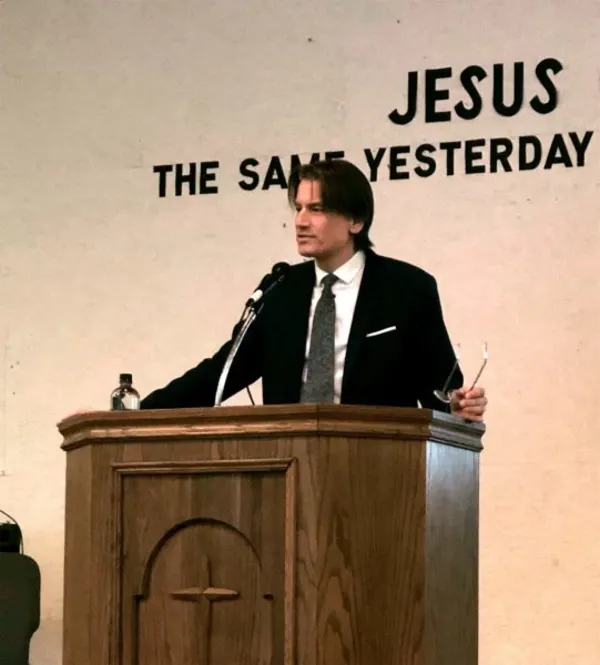
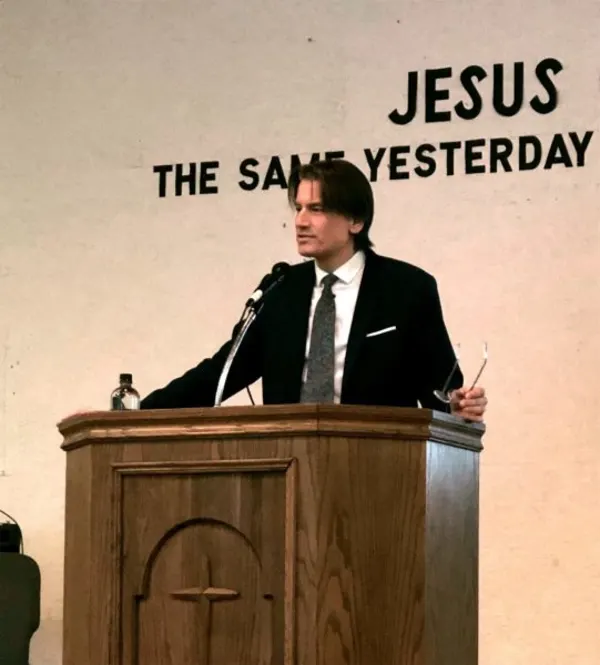
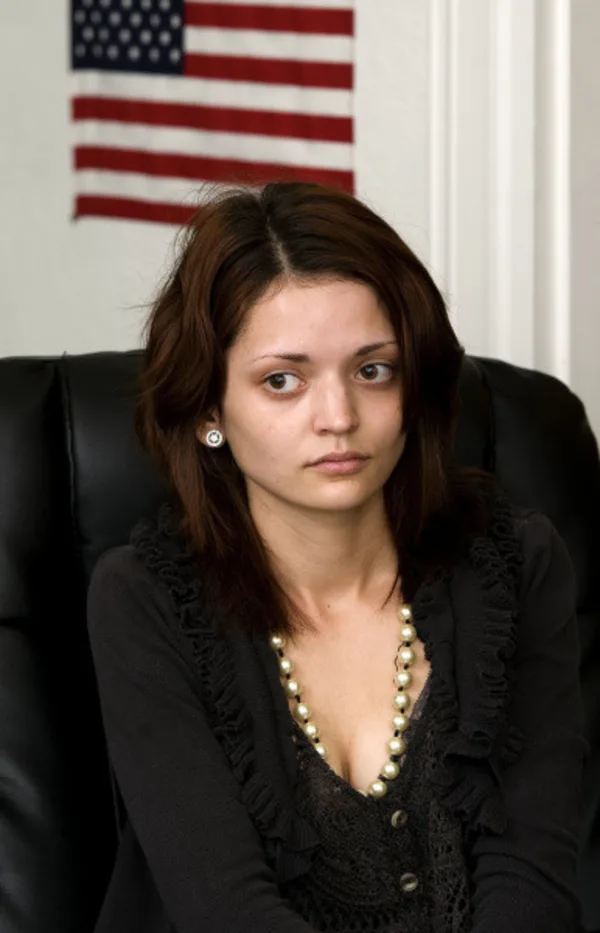
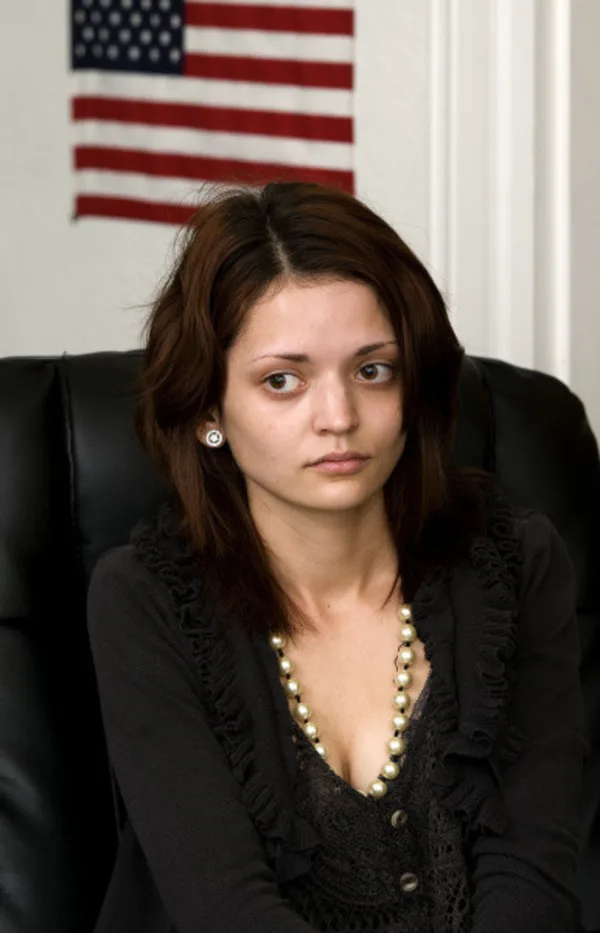
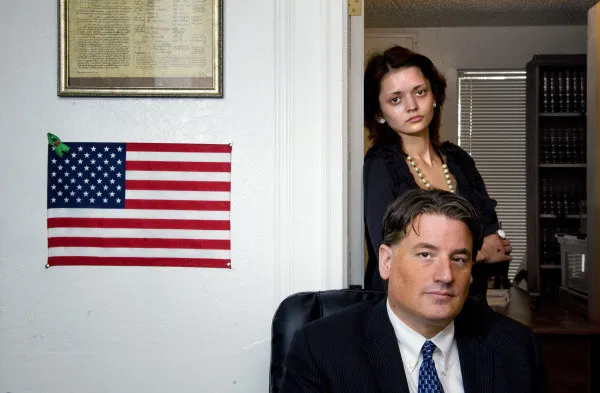

Reviews
Gary S.
T. G.
Jordan D.
Sharis D.
Jack S.
Frequently asked questions
What is your typical process for working with a new customer?
Compassionate inquiry, hearing the experience of the client in full, and what harms were done to them, how their rights have been violated.
What education and/or training do you have that relates to your work?
See CV
Do you have a standard pricing system for your services? If so, please share the details here.
Case by case, we work from the pocketbook, yes, but we also work from the heart to give, help, protect what is right.